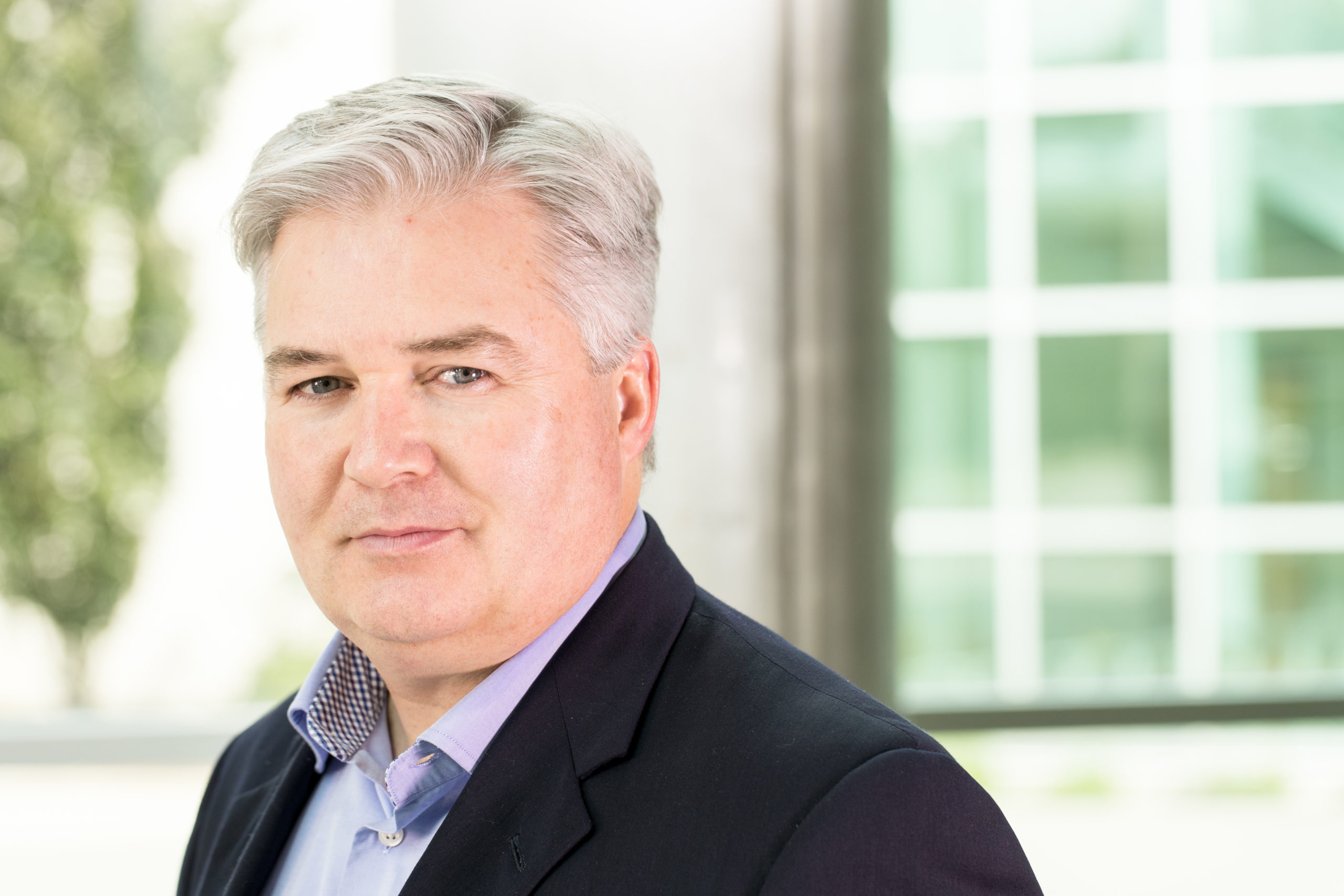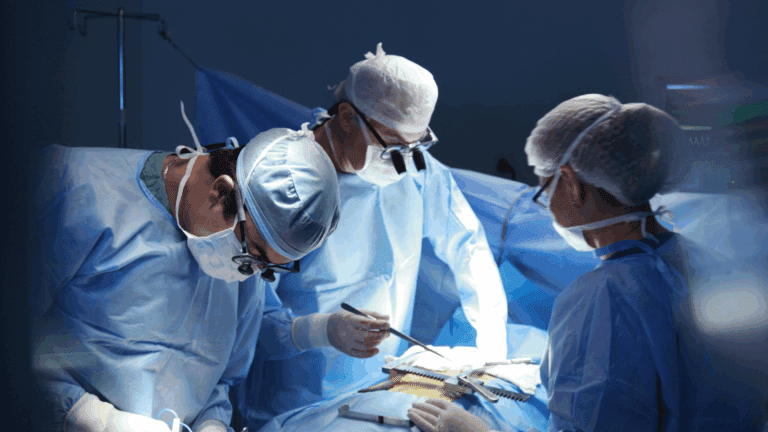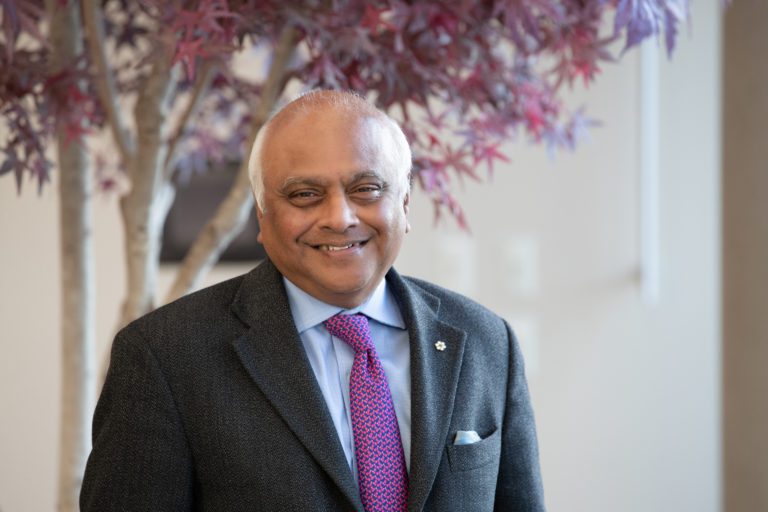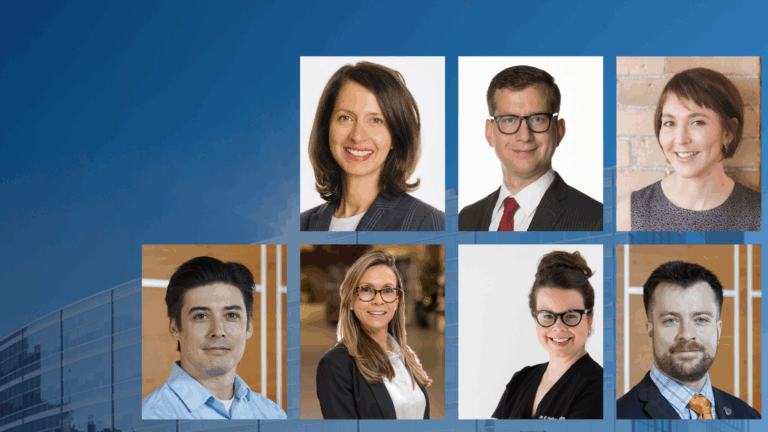
PJ Devereaux
PHRI researchers have discovered that covert – or ‘silent’ – strokes were common in seniors after they had elective, non-cardiac surgery and doubled their risk of cognitive decline one year later. The findings of the NeuroVISION study were published August 15, 2019 in The Lancet.
While an overt stroke causes obvious symptoms (e.g. weakness in one arm, speech problems) that last more than a day, a covert stroke is not obvious except on brain scans, such as MRI. Each year, one per cent of the 50 million people worldwide who have major, non-cardiac surgery will suffer an overt stroke, but until now little was known about the incidence or impacts of silent stroke after surgery.
“We’ve found that ‘silent’ covert strokes were actually more common than overt strokes in people aged 65 or older who had surgery,” says Dr. PJ Devereaux, co-principal investigator of the NeuroVISION study. His co-PI was Dr. Marko Mrkobrada, of the University of Western Ontario.
Their team found that 1 in 14 people over 65 who had elective, non-cardiac surgery had a silent stroke, suggesting that as many as three million people in this age category globally suffer a covert stroke after surgery each year. The results will be published in The Lancet, one of the top medical journals in the world, on August 15, 2019.
NeuroVISION involved 1,114 patients aged 65 years and older from 12 centres in North and South America, Asia, Australia, and Europe. All patients received an MRI within nine days of their surgery to look for signs of silent stroke. The research team followed patients for one year after their surgery to assess their cognitive capabilities. They found that people who had a silent stroke after surgery were more likely to experience cognitive decline, perioperative delirium, overt stroke or transient ischaemic attack (TIA) within one year, compared to patients who did not have a silent stroke.
“Advancements in recent decades have made surgery increasingly safe and have led to a better quality of life for many people,” says Dr. Devereaux. “Still, surgery is not without risks and we need to understand what those risks are so that we can work to prevent them.”
“The results of this study will help us better detect and even prevent covert strokes before they happen, so that patients can recover better after surgery.”
The NeuroVISION study was led by the Population Health Research Institute of Hamilton Health Sciences and McMaster University in Hamilton, Ontario, Canada in partnership with the University of Western Ontario in London, Ontario, Canada. Major funders of the NeuroVISION study included: the Canadian Institutes of Health Research (CIHR); the Ontario Strategy for Patient Oriented Research support unit; the Ontario Ministry of Health and Long-Term Care, Health and Medical Research Fund; Government of the Hong Kong Special Administrative Region, China; and The Neurological Foundation of New Zealand.



